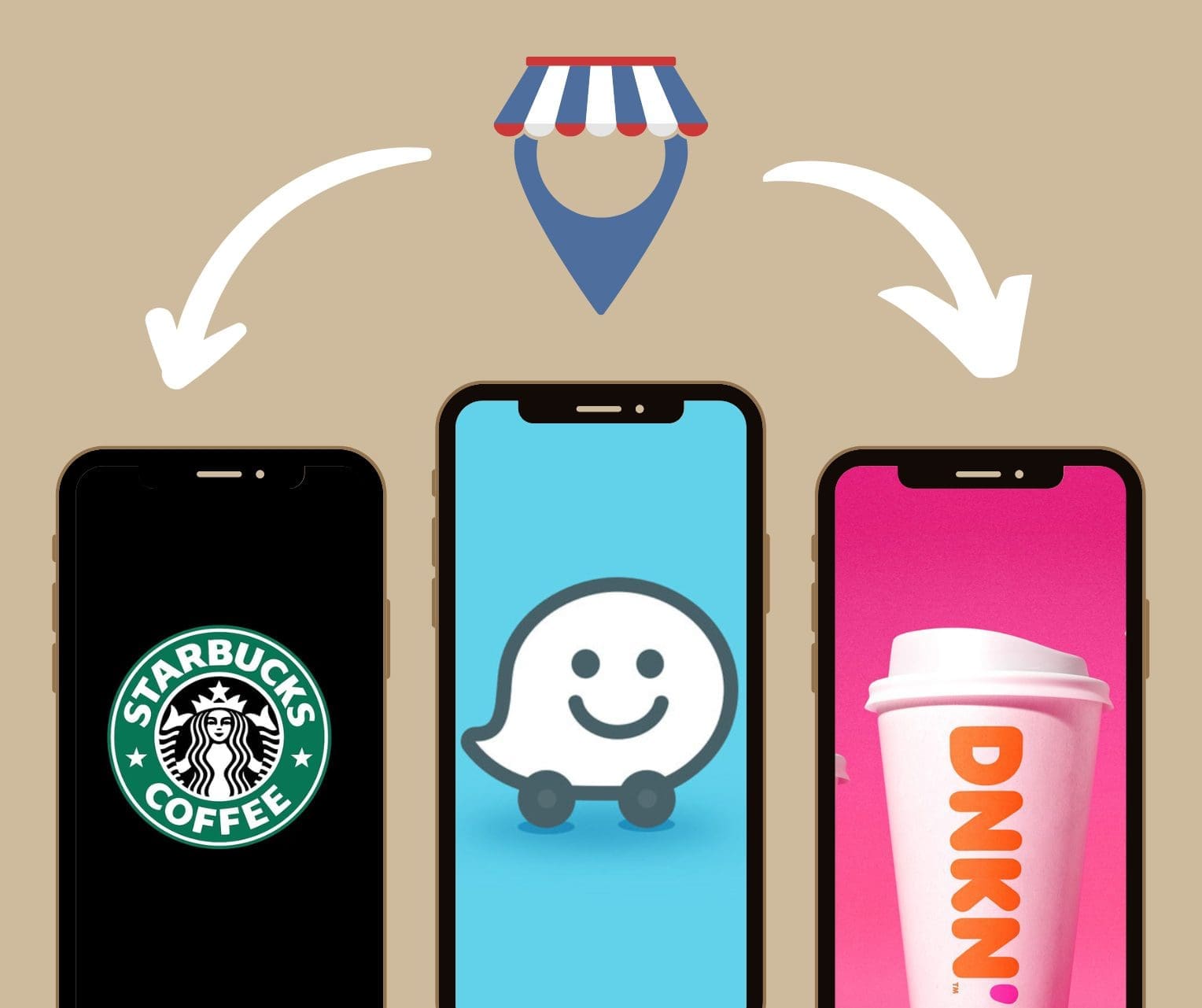
Location-based marketing, also known as geo-targeting or geo-marketing, is a digital marketing strategy that targets consumers based on their geographical location. By leveraging the power of location data, businesses can deliver highly relevant and personalized content to their audience. This type of marketing has become increasingly important in recent years, as businesses look for new ways to engage with customers and drive sales both online and offline.
In this article, we will explore five case studies of successful location-based marketing campaigns, highlighting key factors that contributed to their success. We will also provide guidance on how you can create your own successful location-based marketing campaign with the help of our marketing tools and services.
Starbucks is well-known for its successful location-based marketing campaigns that utilize their mobile app. One such campaign involved sending personalized promotions based on a user’s proximity to a Starbucks store. To make it more engaging, the campaign also used gamification elements, such as rewarding users with stars and badges for visiting different stores.
The campaign resulted in increased app usage, foot traffic, and sales. Key factors that contributed to the success included the seamless integration of location data, innovative use of gamification, and delivering highly relevant, personalized promotions.
Burger King teamed up with Waze, the popular navigation app, for a unique location-based marketing campaign. The campaign involved integrating Burger King’s locations into the Waze app, allowing users to find the nearest Burger King and receive promotional offers along their route.
This campaign proved highly successful, generating a significant increase in foot traffic and sales. The success can be attributed to the seamless integration of location data, the convenience of receiving promotions while on the go, and the strategic partnership between Burger King and Waze.
When Pokémon Go took the world by storm, many local businesses saw an opportunity to leverage the game’s location-based features for marketing campaigns. By purchasing in-game items called “Lure Modules,” businesses could attract both virtual Pokémon and real-life customers to their location.
The use of Pokémon Go for location-based marketing led to increased foot traffic and sales for many local businesses. Key factors that contributed to the success of these campaigns included tapping into the massive popularity of the game, creating a fun and interactive experience, and leveraging location data to attract nearby customers.
Dunkin’ Donuts’ mobile app features location-based marketing campaigns that deliver targeted promotions based on the user’s proximity to a Dunkin’ Donuts store. In addition, they leveraged geofencing technology to send push notifications promoting limited-time offers to customers who entered a predefined area around a store.
The results of this campaign included a significant increase in foot traffic, app usage, and sales. Key factors that contributed to the success were the use of geofencing technology, delivering timely and relevant promotions, and seamless integration of location data within the app.
United Airlines and Lyft partnered for a location-based marketing campaign that offered United MileagePlus members the opportunity to earn miles when using Lyft services. The campaign utilized location data to target United MileagePlus members who were near airports, promoting the Lyft offer through email, mobile app notifications, and in-flight announcements.
The campaign generated significant engagement and usage of Lyft services by United MileagePlus members. Key factors that contributed to the success included the strategic partnership, targeting customers in prime locations, and providing an attractive and relevant incentive.
The case studies on successful location-based marketing campaigns highlighted in this article demonstrate the potential impact of leveraging location data to engage with customers and drive sales. By understanding the key factors that contributed to the success of these campaigns and following the steps outlined above, your business can also benefit from the power of location-based marketing.
Whether you have a single location or multiple stores, our marketing services can help you create and execute a successful location-based marketing campaign. Don’t miss out on the opportunity to grow your business with this effective marketing strategy.
What is location-based marketing?
Location-based marketing is a digital marketing strategy that targets consumers based on their geographical location, delivering personalized and relevant content.
How can location-based marketing help businesses?
Location-based marketing can help businesses increase foot traffic, engage with customers, and drive sales by delivering timely and relevant content based on user’s location.
What are some successful examples of location-based marketing campaigns?
Examples include Starbucks’ mobile app promotions, Burger King’s partnership with Waze, Pokémon Go and local businesses, Dunkin’ Donuts’ geofencing campaign, and the United Airlines & Lyft collaboration.
How can businesses create a successful location-based marketing campaign?
Businesses can create a successful location-based marketing campaign by defining their target audience, choosing the right platform, creating engaging content, optimizing for mobile devices, utilizing geofencing and beacons, and measuring results.
What tools are available for businesses to use for location-based marketing?
Some tools include mobile apps, geofencing technology, beacons, and analytics platforms like Advertising Intelligence to measure and optimize campaign performance.
You must be logged in to post a comment.
